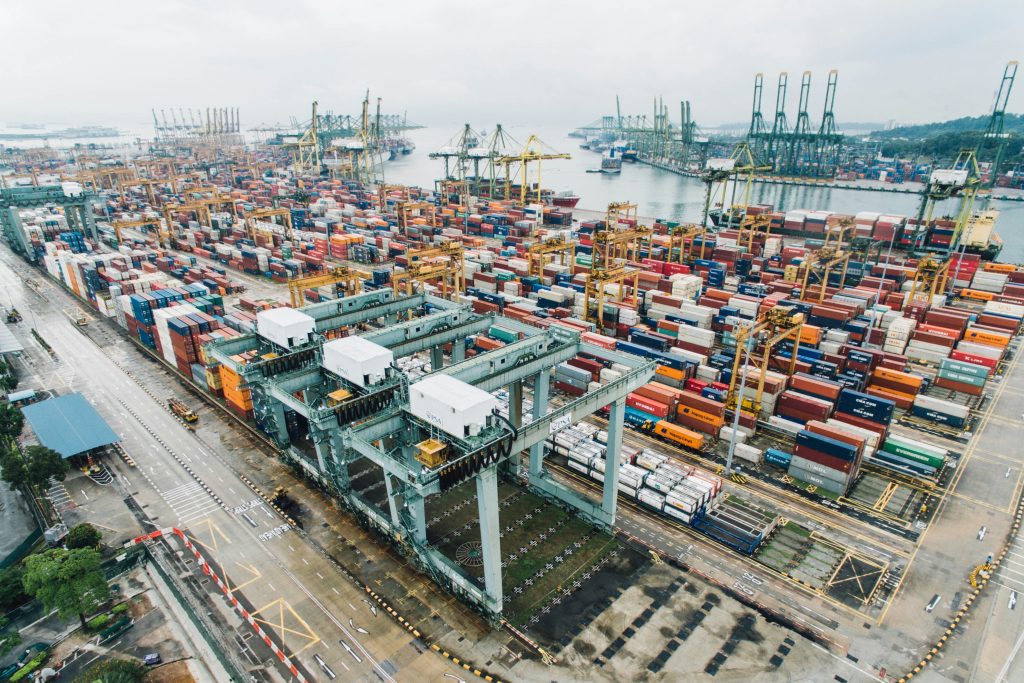Freight Forwarder Pricing: What Are These Extra Fees To Consider?
The global supply chain industry is undergoing some major shifts, with rising costs becoming a formidable challenge for businesses importing heavy machinery, steel and other bulky items into Australia. These challenges definitely require a strategic reassessment of freight forwarding practices to ensure efficiency, compliance and cost-effectiveness. Nearly every business owner is questioning how companies can adjust their freight forwarding strategies to go through these turbulent times successfully.
Understanding the Impact of Rising Costs on Freight Forwarding
The cost of freight forwarding bulky goods like heavy machinery and steel to Australia has been on an upward trajectory. Factors contributing to this include increased demand for shipping capacity, fluctuations in fuel prices and stringent customs and logistics regulations. These rising costs impact the overall expenses involved in the import process, making it crucial for businesses to adopt more strategic freight forwarding practices.
Strategic Adjustments for Importing Bulky Goods into Australia
Optimise Shipping Routes and Methods
One of the first steps in adjusting your freight forwarding strategy is to optimise shipping routes and methods. Consider alternative ports of entry into Australia that may offer lower handling fees or shorter inland transport routes. Additionally, evaluate the cost-benefit of different shipping methods (such as sea freight vs. air freight) for your bulky goods, keeping in mind the balance between speed and expense.
Leverage Technology for Better Logistics Planning
Advancements in logistics technology offer businesses some extraordinary opportunities to optimise their freight forwarding operations. Utilising software that provides real-time data on shipping routes, customs clearance status and cost analysis can help in making informed decisions and reducing unnecessary expenses.
Consolidate Shipments Where Possible
For bulky items like heavy machinery and steel, consolidation can lead to significant savings. By combining smaller shipments into a single larger one, companies can reduce the per-unit shipping cost. This requires careful planning and coordination but can be facilitated by a freight forwarder with extensive experience in handling bulky goods.
Engage with a Reliable Freight Forwarder
The complexities of importing bulky goods into Australia, coupled with rising supply chain costs, underscore the importance of partnering with a reliable freight forwarder. A forwarder with expertise in handling heavy machinery, steel and other bulky items can offer customised solutions that address specific challenges, ensuring compliance with Australia’s customs regulations while optimising costs.
Review and Negotiate Freight Contracts
In response to rising costs, businesses should regularly review and renegotiate their freight contracts. This includes discussing rates, service levels and additional fees with your freight forwarder. A transparent relationship with your logistics partner can lead to more tailored services and potentially lower costs.
The Role of Customs Brokerage in Managing Costs
Customs brokerage plays a central role in the import process, especially for bulky goods. A skilled customs broker can easily understand and fulfil Australia’s complex customs requirements, ensuring that all paperwork is in order, duties are accurately calculated and delays are minimised. This efficiency not only saves time but can also significantly reduce the cost of importing bulky items.
Adapting to Rising Supply Chain Costs
The rising costs associated with the supply chain and freight forwarding of heavy machinery, steel and other bulky goods into Australia present challenges but also opportunities for strategic adjustments. By optimising shipping routes, leveraging technology, consolidating shipments, engaging with reliable freight forwarders, reviewing freight contracts and utilising customs brokerage services, businesses can overcome these challenges effectively. In doing so, companies will not only manage rising costs but also enhance their overall import efficiency and compliance in the Australian market.
Finding the Right Logistics Partner
If you are struggling with the complex processes of importing oversized goods into Australia while struggling with the surge in supply chain costs, Kenter emerges as the ideal partner to alleviate your logistical burdens and optimise cost-effectiveness.
Kenter excels in supply chain optimisation, employing tailored strategies to enhance efficiency and profitability. Kenter ensures streamlined operations through meticulous analysis, process refinement and inventory optimisation. This is how we strike the perfect balance between cost and service levels. Our commitment to performance metrics and analytics guarantees continuous improvement, keeping your supply chain competitive in the global market.
When it comes to heavy haulage, Kenter’s expertise shines brightly. With a specialised fleet and a dedication to safety, we adeptly handle the transportation of bulky cargo, ensuring timely and secure delivery. Our expansive network and custom solutions further solidify Kenter as the go-to choice for efficient and reliable heavy haulage services.
As a freight forwarding partner, Kenter offers seamless shipping solutions. By leveraging our extensive carrier network and advanced technology, we provide end-to-end visibility and control over your shipments.
With Kenter, you not only gain a partner but also assurance. Our comprehensive insurance coverage safeguards your valuable goods, ensuring peace of mind throughout the shipping process.
Want to learn more? Contact us today to experience the Kenter advantage.

